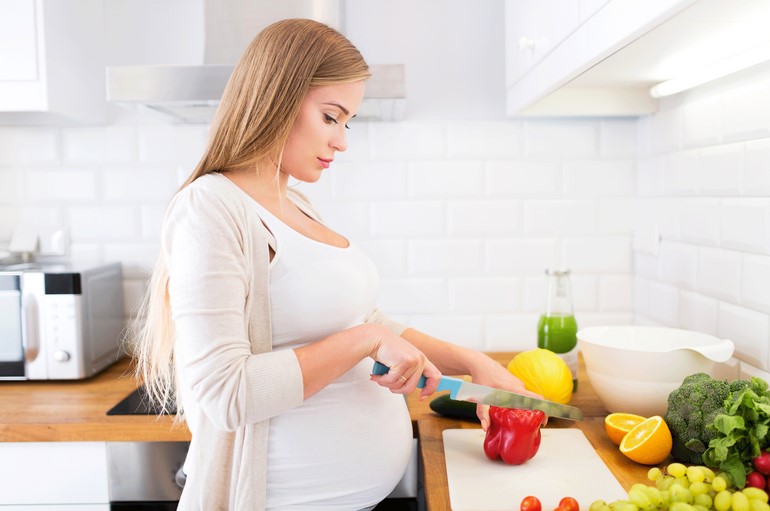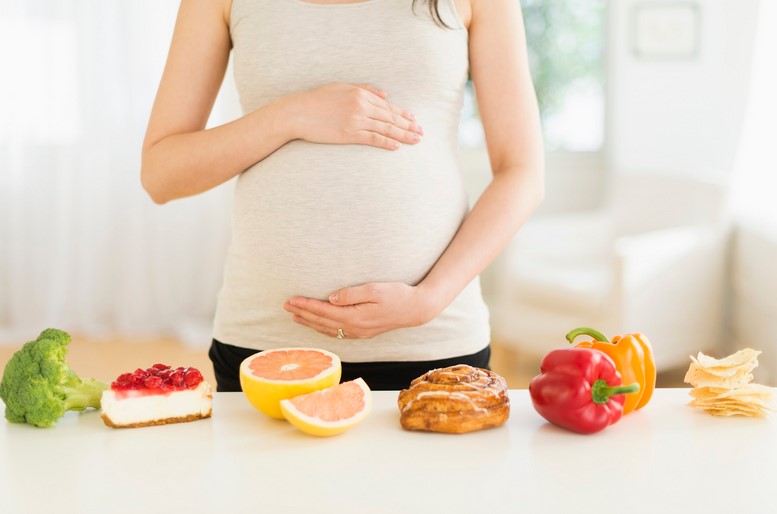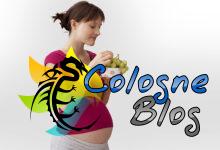
Which Diet Should Be Avoided During Pregnancy?
admin
- 0
Avoiding sugar-rich foods
Table of Contents
ToggleWhile it might be tempting to treat yourself to a sugary treat or snack, avoiding sugar -rich foods while pregnant is crucial for your overall health. Not only can excessive sugar intake exacerbate pregnancy symptoms, but it can also negatively impact the development of your unborn child. Sugary foods and drinks contain empty calories, leaving you feeling tired and lethargic. Additionally, they can contribute to weight gain, which is unhealthy for your baby.
According to the ADA, it’s safe to limit your sugar intake during pregnancy. Eating too much at one sitting can cause your blood sugar levels to spike. To be sure, read labels carefully and choose healthy snacks. A reasonable serving size for a snack is one cup of cooked starch or two pieces of bread. Milk is another good choice, but you should avoid drinking it too much. It’s important to drink plenty of water while pregnant.
Luckily, there is a healthy way to lose weight during pregnancy. All you need to do is make sure you are following the right diet while pregnant. While this may sound easy, it’s not as straightforward as one might think. There are plenty of conflicting reports on what kind of diet during pregnancy should be avoided and what should not. That’s why I’ve put together this article to help demystify the process.

Avoiding high-dose multivitamins
Avoiding high- dose multivitamins is important for a number of reasons. While the fetus depends on the mother’s diet to obtain essential nutrients, deficiency in essential vitamins and minerals can lead to malformations and adverse pregnancy outcomes. While the use of supplements is common in pregnancy, knowledge about their safety and benefits is limited.
Vitamin A is especially harmful to pregnant women. It can damage the liver and cause birth defects in the fetus. As a result, it’s important to limit your intake of vitamin A while pregnant. Check labels and avoid all products containing it. Other toxic vitamins to avoid while pregnant include vitamin D, E, and K. These vitamins stay in the body for extended periods of time, making them hazardous during pregnancy.
Vitamin K is a vitamin that’s found in only 31% of prenatal supplements. Most of these products contain between five and twenty milligrams (mcg) of vitamin K. Only 15% of the prenatal vitamins that contain this vitamin meet or exceed the recommended amount of vitamin K. Vitamin B1 (thiamine) is important for the developing fetus’ metabolism and nervous system. It also reduces the risk of gestational diabetes, low birth weight, and anencephaly in infants.
Avoiding undercooked meat
Pregnancy is a time when you should avoid raw fish, shellfish, and undercooked meat. These foods may contain harmful bacteria and parasites that can harm your unborn child. In rare cases, these bacteria can lead to miscarriage or stillbirth. They can also damage the developing organs in your baby. In addition, undercooked meat can cause damage to the eyes of the developing baby.
Pregnant women are more likely to contract foodborne illnesses and infections than non-pregnant women. The immune system is compromised during pregnancy, making it harder to fight off dangerous foodborne pathogens. For these reasons, it is imperative to avoid undercooked meat and seafood during pregnancy.

Avoiding fish
Although there are many benefits to eating fish during pregnancy, you should avoid certain types. Many of these species contain mercury, which is harmful to your unborn child. Mercury can be acquired from the water and from fish, and it can cause developmental problems. Mercury accumulation in the womb can affect your child’s brain and hearing. If you want to have a healthy baby, you should limit your fish intake to eight to twelve ounces per week, or six ounces of fish with low mercury content, such as albacore tuna.
The FDA recently analyzed the seafood consumption of pregnant women. It found that more than one-fifth of pregnant women had not consumed any fish in the previous month. Moreover, even those who consume fish often still eat less than the recommended amount.
Avoiding lead-shot game
Lead consumption is detrimental to both children and pregnant women, and it should be minimized at all costs. Lead in game is harmful to both groups, and eating lead-shot game is especially harmful for women who are pregnant. There are several reasons why you should avoid lead-shot game during pregnancy.
According to a study by the state health department of North Dakota and the U.S. Centers for Disease Control and Prevention, eating venison that was shot with lead ammunition could increase a woman’s blood lead levels. The study also showed that lead fragments can spread far from a wound. Furthermore, officials in North Dakota have warned against eating venison that was shot with lead ammunition. The meat was tested by a physician who used a CT scanner and found high levels of lead.
These days, there’s a lot of attention placed on what pregnant women don’t eat or drink. And for good reason. There are small amounts of certain things that can have major consequences for a developing baby. However, rather than turning to a diet that completely cuts out these things entirely, you should look at the quality and amount instead.


